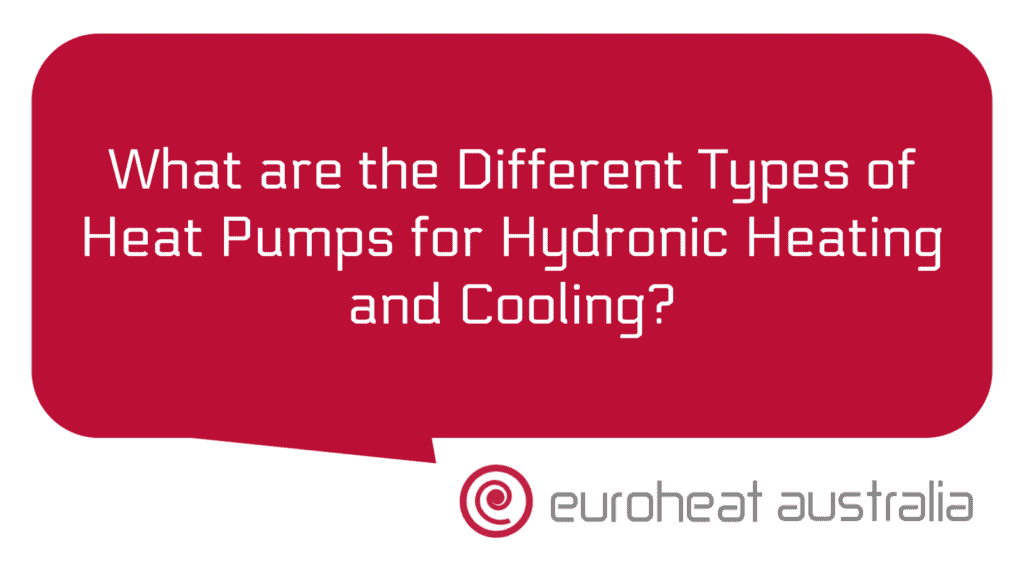Are you looking for ways to heat your pool and save money on energy costs? Well, you’re in luck! There are many ways to use waste heat from your hot water system to heat your pool, and one of the best is by installing a heat and chill recovery system.
Heat and chill recovery systems can help you cool down in summer and keep warm in winter by transferring energy from the air outside. This is done by using a mechanical system that takes the heat from your hot water system – like showering, washing dishes or doing laundry – and uses it to warm up the air outside.
This means that when it’s hot outside, you can cool down your home without having to sacrifice energy efficiency or spend extra money on air conditioning. The same goes for when it’s cold outside: you can keep your home warmer without having to rely on costly electric or gas heating systems.
The best part is that these systems are incredibly efficient. According to estimates, they can reduce energy consumption by up to 30%, which translates into savings of around $300-400 every year! On top of that, they are environmentally friendly as they reduce CO2 emissions in the process.
When it comes to using this waste heat from your hot water system to heat your pool, there are several options available. The most popular one is a solar collector; these collect and store solar energy during the day and release it at night when needed. This makes them ideal for areas with limited sunshine.
Another option is a heat pump; these draw energy from the air outside (in the form of warmth) and use it to power an internal heater that raises the temperature of your pool water as needed. Heat pumps also offer greater efficiency than solar collectors as they can operate even on cloudy days when there isn’t much sunshine available!
Finally, there is an option called a geothermal exchange system; this works by tapping into underground sources of thermal energy (like springs or deep earth pockets) and using this energy to power an internal heating element that warms up your pool water as needed. Geothermal exchange systems offer great efficiency but aren’t always available depending on where you live; if geothermal sources are not accessible then other options should be considered instead.
No matter what option you choose, installing a quality system requires professional design and installation services – luckily Euroheat Australia has been providing such services for over 30 years! Their team of Perth engineers & installers will design & construct hydronic heating & cooling systems tailored specifically for your needs ensuring maximum efficiency & cost reduction while also taking care of all safety aspects during installation process – so you don’t have to worry about any unexpected surprises!
Overall, using waste heat from your hot water system to heat your pool is an excellent way to save money on energy costs while also helping out the environment at the same time! With all these options available – solar collectors, pumps & geothermal exchange systems – all backed up by Euroheat Australia’s experienced design & installation services – there really isn’t much reason why anyone wouldn’t start enjoying all these benefits sooner rather than later!





